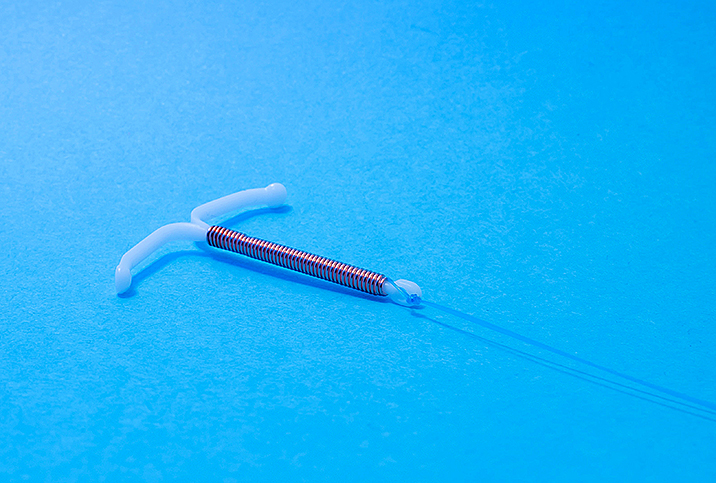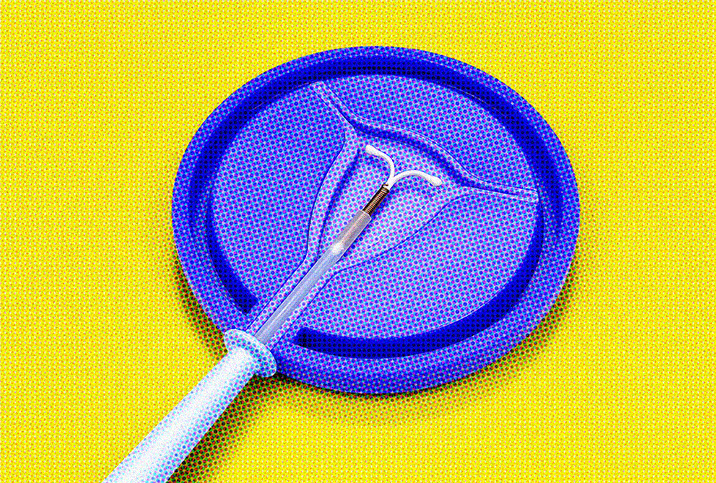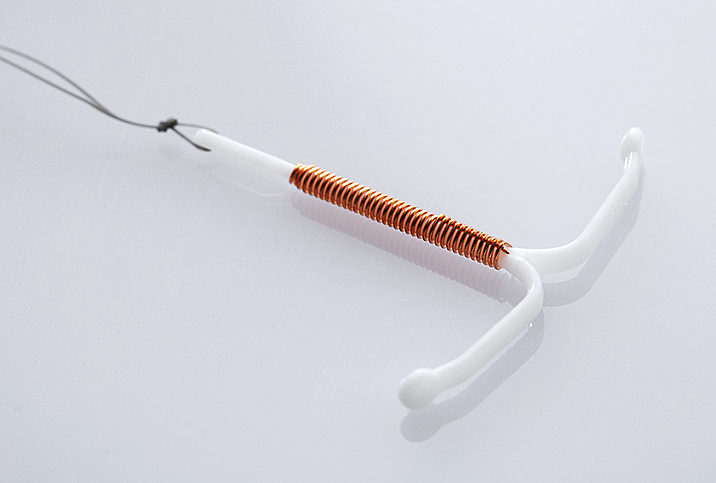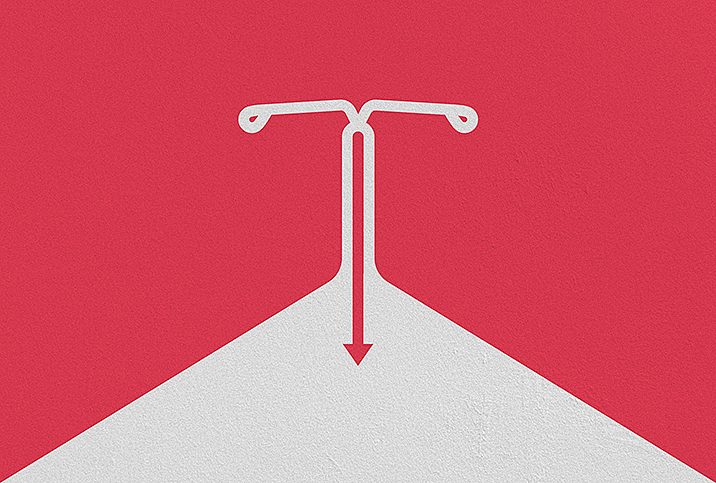What Happens If I Never Take My Expired IUD Out?
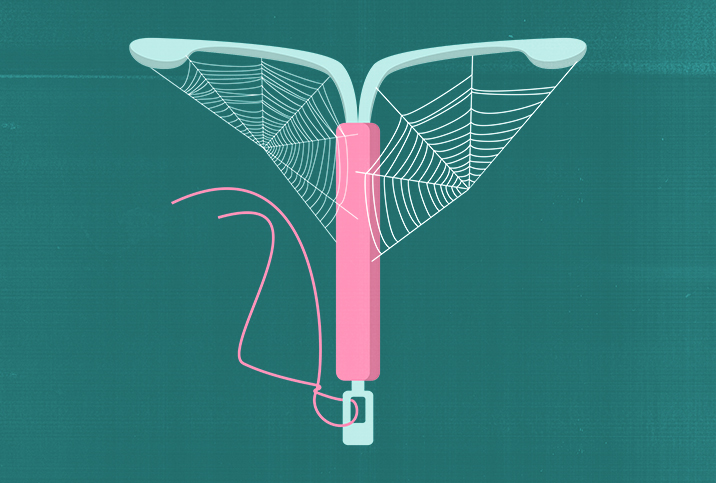
Annelize Laubscher, 56, a life coach in South Africa and mother of two adult daughters, has had her IUD (the kind with a five-year expiration) for eight years. Why?
"Literally, because I keep on forgetting," she said. "My previous IUD as well…I know, I know. it sounds so lame."
IUDs of all varieties come with "expiration dates" of sorts. ParaGard, a hormone-free copper IUD, carries one for up to 10 years, and Mirena, a plastic IUD that releases a hormone known as levonorgestrel to prevent pregnancy, has an expiration period of five years.
As someone who can barely remember what I ate for dinner yesterday, let alone what year I had a minor medical procedure, I can understand how a person could forget when they need to have their expired IUD removed. Not to mention, the doctor's office isn't ringing you for a reminder, either. In this case, it's up to the patient to keep an eye on the date.
Beyond just forgetting, others may consciously choose to leave their IUD in for longer than they should for various reasons, such as a lack of insurance or a fear of the pain associated with the procedure.
How long is an IUD really effective?
"Leaving an IUD [in] longer varies from person to person," said Katerina Schkodzik, M.D., an OB-GYN and medical adviser for the fertility tracking device Miracare. "Even though most IUDs have an expiration date after five years, the majority are still effective for up to seven years."
All IUDs have a bit of a buffer built in between the length of time for when their removal is recommended and the time they're actually effective against pregnancy and have expired. This inclusion is likely for liability reasons (a company does not want someone to get pregnant in the time they said they were protected, thus they recommend a removal date prior to the end of effectiveness).
Some studies show copper IUDs are actually effective for as long as 12 years, and hormonal IUDs vary.
All IUDs have a bit of a buffer built in between the length of time for when their removal is recommended and the time they're actually effective against pregnancy.
That means you don't have to panic about an unplanned pregnancy if you let your IUD linger for a few extra months.
What happens to your body if you leave an IUD in for longer than expected or after its expired?
"After [the allotted time], the main concern is an unwanted pregnancy, but some women keep it in because of the lighter flow during a period," Schkodzik added.
Some people may have lost insurance coverage and the procedure to remove an IUD can be expensive. Laubscher, who does not live in the United States, said she had to get her previous IUD removed "in theater," which is the equivalent of an operating room, as it could not be removed locally. It's important to note that if cost is the barrier to removing your IUD, it can usually be performed by Planned Parenthood, a school clinic or a women's health center for free, or at a low cost.
"I have never had any discomfort, unplanned pregnancy or health issues because of the IUD," Laubscher said. "That might be one of the reasons that I haven't taken it out yet. Other than that, I might use the pandemic as an excuse, but it really is not."
After it serves its purpose, it will be an inert foreign object and our bodies will treat it as such and start to defend from it in forms of embedding, infection or perforation.
Unplanned pregnancy is not the only risk associated with leaving IUDs in past their expiration date. Schkodzik explained negative side effects may include the IUD becoming embedded in the uterine wall, in which case a medical professional would need to take it out.
"This can be very painful," she said. "There is also a chance of an infection caused by bacterial biofilm on the device."
IUDs are FDA-approved, but for a certain length of time, and after it serves its purpose, Schkodzik said it will be an inert foreign object and our bodies will treat it as such and start to defend from it in forms of embedding, infection or perforation.
If you suddenly realize you've left your IUD in for a few months past its expiration (or 10 if it's copper), don't sweat it—you're likely still protected from pregnancy and you'll be fine. If it's been several years since the recommended removal or suggested expiration, it's time to make an appointment to see your doctor or visit a clinic to get it removed. Otherwise, you run the risk of it embedding into the uterine wall and causing an infection.












